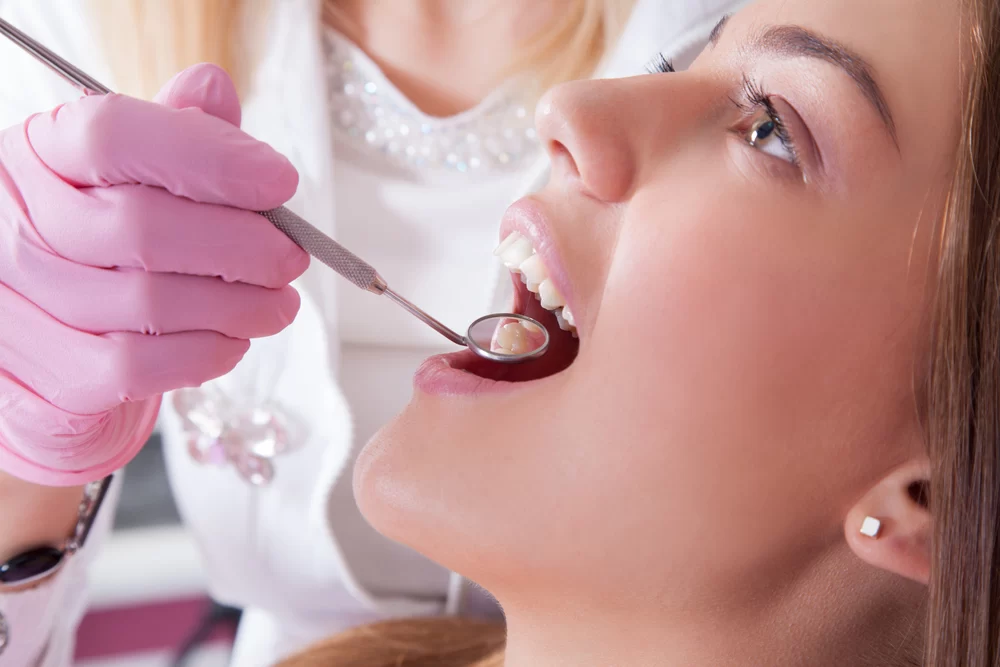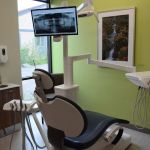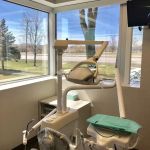
Signs of Oral Cancer and How to Check: Early Detection Tips
- Understanding Oral Cancer
- Common Signs of Oral Cancer
- How to Check for Oral Cancer at Home
- Why Early Detection Matters
- When to Seek Professional Help
Understanding Oral Cancer
Oral cancer refers to cancers that develop in the mouth or throat, including the tongue, gums, lips, and the roof and floor of the mouth. It is a serious condition that can affect anyone, though risk factors like smoking, alcohol consumption, and HPV (human papillomavirus) can increase susceptibility.
The survival rate for oral cancer improves dramatically when diagnosed early. This is why being proactive in detecting signs of oral cancer and knowing how to check for it is essential for maintaining your health.
Common Signs of Oral Cancer
Recognizing the early signs of oral cancer can be tricky because they often mimic other common health issues. However, being vigilant can help identify potential problems before they worsen. Some common symptoms include:
- Persistent mouth sores or ulcers that don’t heal
- Unexplained bleeding in the mouth
- White or red patches in the mouth
- Swelling or lumps in the mouth or neck
- Difficulty swallowing or speaking
- Unexplained pain in the mouth or ears
- Loose teeth without an obvious cause
While these symptoms do not necessarily indicate cancer, they are important to pay attention to, especially if they persist for more than two weeks.
How to Check for Oral Cancer at Home
Regular self-exams are crucial for detecting oral cancer early. Here's a simple guide on how to check for signs of oral cancer at home:
- Examine the inside of your mouth: Using a mirror, look for any unusual growths, red or white patches, or sores that don’t heal. Check your lips, gums, cheeks, the roof and floor of your mouth, and the back of your throat.
- Feel for lumps: Gently press your fingers around the inside of your cheeks, along the jawline, and under your chin to check for any swelling or lumps.
- Check your tongue: Stick out your tongue and visually inspect it for unusual changes in color, texture, or swelling. Don’t forget to check the underside of your tongue as well.
- Examine your neck: Feel your neck for any lumps or swollen glands, as this could be a sign of cancerous growths spreading.
- Check for pain or discomfort: Pay attention to any new or unexplained pain in your mouth, tongue, or throat, especially if it lasts longer than two weeks.
Regular self-checks every month can help you stay ahead of any issues, and if you notice anything unusual, it’s crucial to visit a healthcare provider for further evaluation.
Why Early Detection Matters
Oral cancer is often diagnosed at a late stage, which significantly decreases the chances of successful treatment. However, when detected early, the survival rate is much higher. According to the American Cancer Society, early detection of oral cancer can increase the survival rate to over 80% for those diagnosed in the early stages.
By performing regular self-exams and being aware of the symptoms, you can increase your chances of detecting oral cancer at an early stage when treatment options are more effective and less invasive. Early detection gives you the best chance for a positive outcome and reduces the risk of complications.
When to Seek Professional Help
If you notice any unusual changes or symptoms during your self-exam, it’s crucial to consult with a healthcare professional. Although the symptoms might not necessarily be indicative of oral cancer, it’s always better to be safe and have them evaluated by a dentist or doctor.
Early detection and professional guidance can make all the difference. A dentist can perform a thorough examination of your mouth and throat, and if needed, refer you for further testing or biopsy to confirm whether cancer is present.
If you are looking for expert advice or a trusted provider, visit Dentistry Toothtruth to explore your options for professional oral health care.
Oral cancer is a serious health concern, but with the right knowledge and vigilance, you can increase your chances of early detection and successful treatment. Perform regular self-exams, stay informed about the symptoms, and never hesitate to seek professional help if something doesn’t seem right.
For more information or to schedule a consultation with an expert in oral health, visit Dentistry Toothtruth today!







 Middleton Family Dental4.0 (798 review)
Middleton Family Dental4.0 (798 review) Northpark Dental4.0 (99 review)
Northpark Dental4.0 (99 review) Dentists of South Pasadena4.0 (124 review)
Dentists of South Pasadena4.0 (124 review) Drs. Trava, Oh, Petix, Shon & Yang4.0 (21 review)
Drs. Trava, Oh, Petix, Shon & Yang4.0 (21 review) Eastern Dental3.0 (336 review)
Eastern Dental3.0 (336 review) Pediatric Dentistry Marlboro: Young Yi, DMD0.0 (0 review)
Pediatric Dentistry Marlboro: Young Yi, DMD0.0 (0 review) The Importance of Oral Health Education During Pregnancy for a Healthy Pregnancy
The Importance of Oral Health Education During Pregnancy for a Healthy Pregnancy Best Tips for Brushing Your Teeth Properly for Healthy Gums: Essential Techniques for Oral Health
Best Tips for Brushing Your Teeth Properly for Healthy Gums: Essential Techniques for Oral Health Why Skipping Dental Checkups Can Lead to Bigger Oral Health Problems
Why Skipping Dental Checkups Can Lead to Bigger Oral Health Problems Advantages of Porcelain Dental Restorations
Advantages of Porcelain Dental Restorations How Can Diabetes Cause Tooth and Gum Problems? Preventing and Managing Oral Health Issues
How Can Diabetes Cause Tooth and Gum Problems? Preventing and Managing Oral Health Issues Healthy Habits for Promoting Good Oral Health and Hygiene: Tips for a Healthy Smile
Healthy Habits for Promoting Good Oral Health and Hygiene: Tips for a Healthy Smile